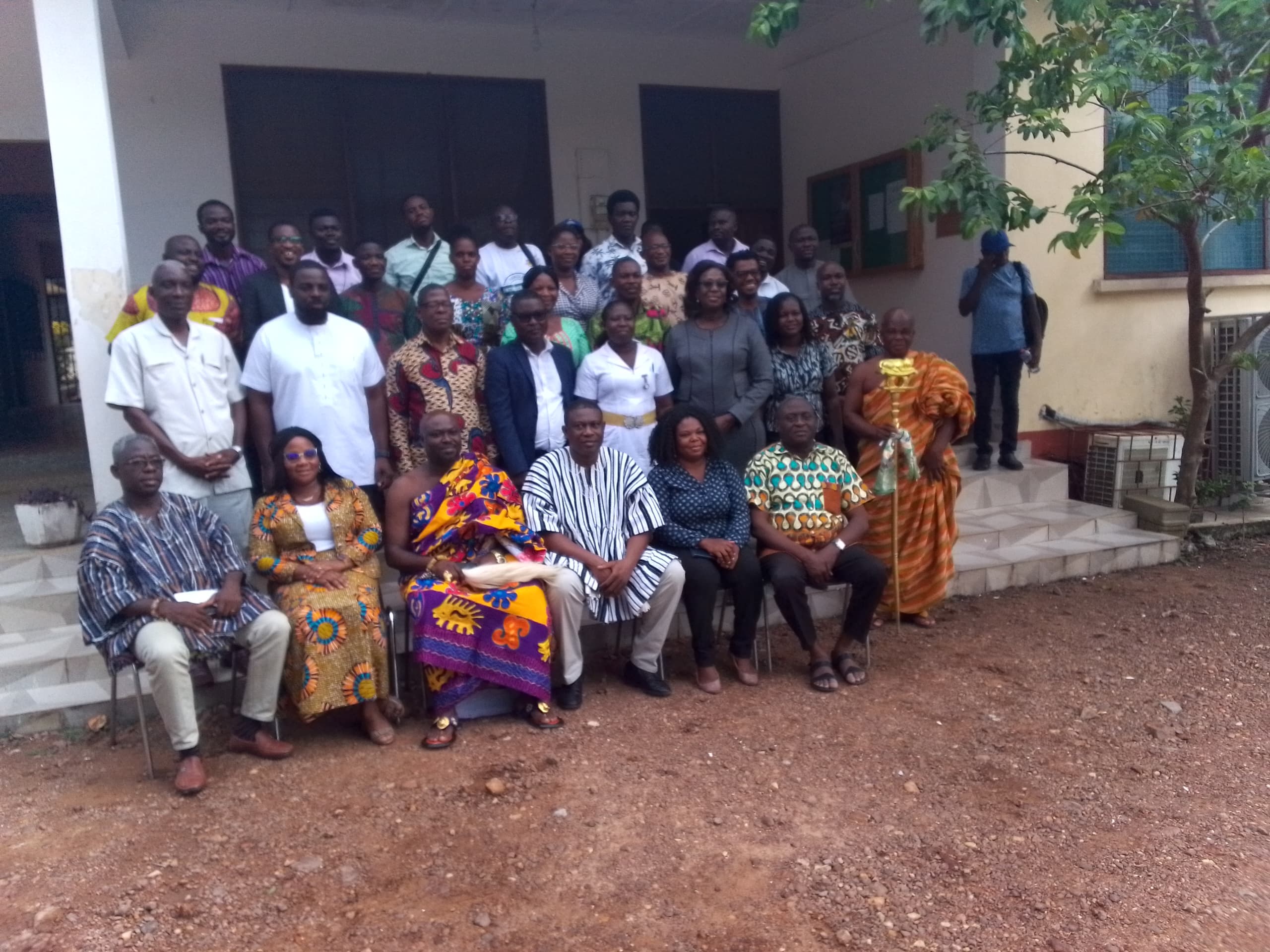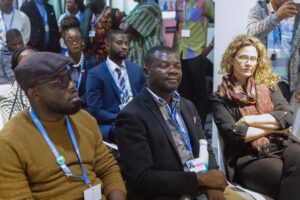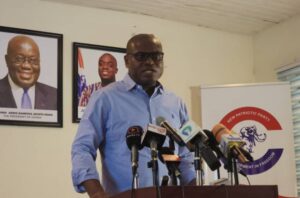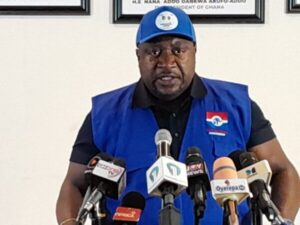The Ghana Health Service (GHS) in the Volta region is set to distribute a total of 1,205,625 long-lasting insecticide-treated bed nets to 466,857 registered households in the region.
The distribution exercise is set to happen between April 11 to 15, 2024 with the expectation by GHS to cover at least 90 per cent of the registered households.
According to the health directorate, the nets have a 3-year chemical life span and can be washed twenty (20) times only.
After the 3-year chemical life span, users can use it because it provides physical protection until new ones are distributed.
The exercise is a tool by the GHS and it’s partners’ to eliminate malaria in Ghana. Currently Ghana is at the elimination programme and regions such as Greater Accra and Volta region are doing well in the program.
Speaking during media and stakeholders meeting in Ho on Monday, April 8 2024 to announce commencement of the mass distribution, Volta regional director of health, Dr Chrysantus Kubio mentioned the objectives of the exercise, adding eligible beneficiaries.
“The campaign aims to achieve the following objectives, to register at least 90% of all households in the region (including barracks and quarters of key institutions),to distribute LLINS to at least 90% of all registered households. The general population of the region regardless of age, and nationality would receive bed nets based on household registration using the universal coverage approach of one (1) bed net to two (2) persons. Each household can only receive a maximum of five (5) bed nets” he said.
To benefit from the distribution, Dr Kubio said “one must belong to a household within the community and be registered and present either of the following, unique code generated after registration, ID number used for registration,household head name used for registration,contact number used for registration”.
Dr Kubio mentioned revealed that “A total of 1,204,625 long-lasting insecticide-treated bed nets will be distributed over the five days of the campaign in the Volta Region.A registered 466, 857 total households with a population of 2,094,944 are to be covered using the universal coverage approach.As part of this year’s campaign, a new variable “households refused to be registered” has been introduced and a total of 3,563 households have refused to be registered across the region for various reasons”.
Togbega Gabusu VII, Paramount Chief of Gbi Traditional Area was the chairman of the occasion. On his part, he commended the GHS and it’s partners for their efforts in fighting the “silence killer” malaria and urged the directorate to ensure fair distribution of the nets.
He also advised residents agaisnt the use of the nets for not it’s intended purposes.
In rural Ghana, it is common among residents to use insecticide nets to fence gardens, door and window curtains and other purposes which are agaisnt the user rules and regulations.
Deputy Volta regional health director, Dr Kwasi Dzokoto explained that the distribution will be done within the various communities at a particular location “A point mass distribution approach would be used at selected locations within communities called distribution points”.
By Gabriel Asempa Volta Region, Ho.






